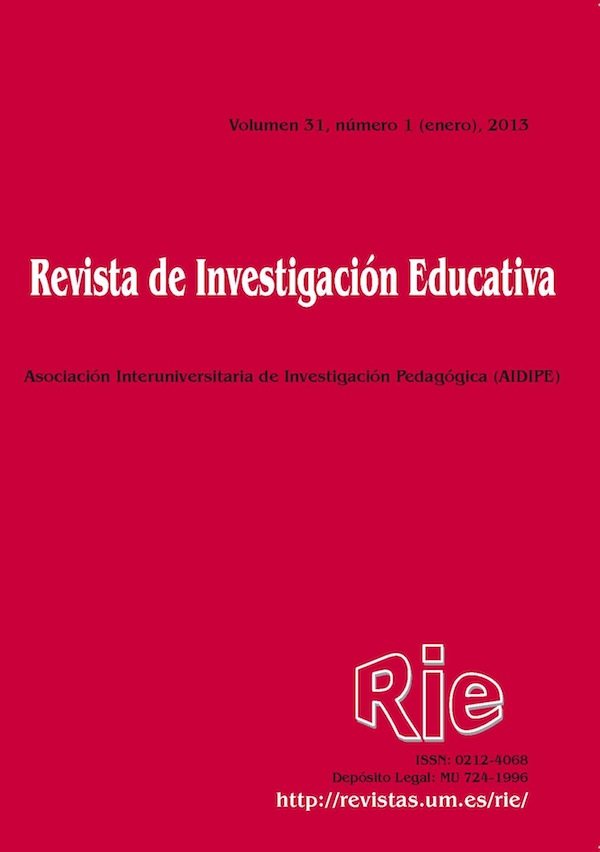Sports games and emotions. Psychometric properties of the Games and Emotions Scale (GES) and its use in Physical Education
Supporting Agencies
- Ministerio de Ciencia e Innovación. Proyectos I D i. Ref. DEP2010-21626-C03-01
- DEP2010-21626-C03-02
- DEP2010-21626-C03-03. Institut Català de les Dones (Generalitat de Cataluña). Ref. U-95/10. AGAUR-INEFC). Ref. 2009SGR1404
- VCP/3346/2009.
Abstract
The aim of this study was to validate the Games and Emotions Scale (GES) based on three types of emotions (positive, negative, and ambiguous) in four sports game scenarios related to different motor action domains. The study was conducted on 851 Physical Education and Sports students from four Spanish, one English, and one Portuguese university.
The GES yield an adequate reliability and values of internal consistency. We obtained good construct validity that confirmed the factor structure of the scale in the three types of emotions and also highlighted the need to differentiate between the four motor action domains.
Convergent validity showed good results when comparing the GES with the Profile of moods states questionnaire (POMS). Content validity confirmed that the structure of the GES is adequate to study the relation between sports games and emotions. In conclusion, validity and reliability of this questionnaire to record the intensity of emotions in sports games were confirmed.
Downloads
-
Abstract11409
-
PDF (Español (España))7649
The articles and scientific documents published in RIE abide the following conditions:
1. The Servicio de Publicaciones de la Universidad de Murcia (the publisher) has the property rights (copyright) of all the documents published and allows the reuse under the user’s license indicated in point 2.
2. All documents are published in the digital edition of RIE under a Creative Commons Reconocimiento-NoComercial-SinObraDerivada 4.0 Internacional. (legal document) license. These documents can be copied, used, distributed, communicated and explained publicly if: i) the author(s) and its original source of publishing (magazine, publisher and URL of the document) are cited; ii) it is not used for commercial purpose; iii) the existence and the specifications about this license are mentioned.
3. Auto-archive’s conditions. The authors are allowed and encouraged to digitally distribute the pre-print versions (a version before evaluation) and/or post-print (a version that it is already evaluated and accepted to its publication). This promotes circulation and distribution earlier and can increase the citations and significance within the academic community.










